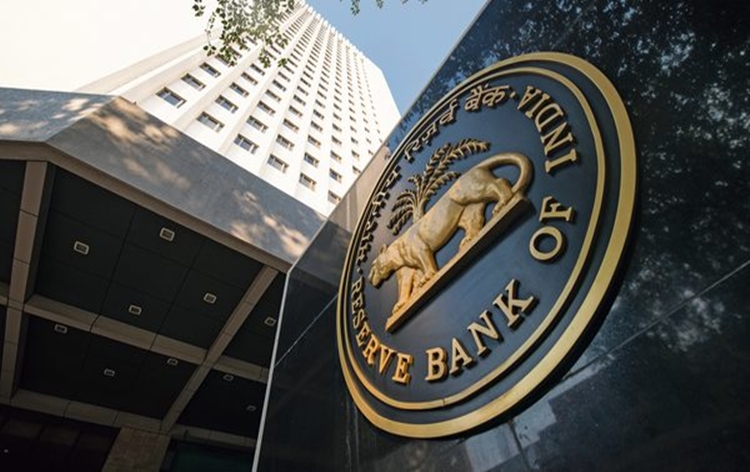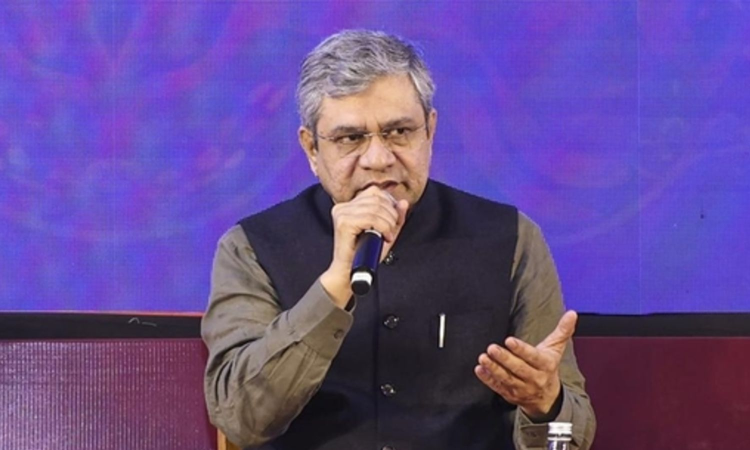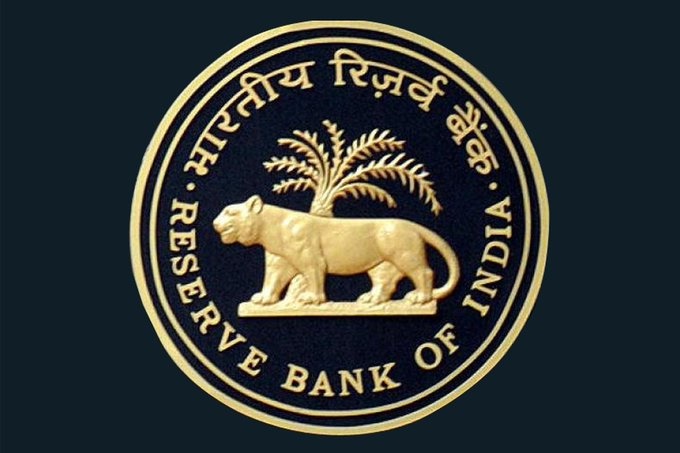RBI says any reversion to OPS from NPS by States would be fiscally unsustainable
Tue 19 Sep 2023, 10:32:14

Reserve Bank of India has said that any reversion to the Old Pension Scheme (OPS) from the New Pension Scheme (NPS) by the States would be fiscally unsustainable, though it may result in an immediate fall in their pension outgo.
It also said that at a time when most of the countries are moving towards defined contribution plans, reverting to OPS by the Indian States will be a major step backward, undermining the benefits of past fiscal reforms.
The Central Bank yesterday issued the September 2023 issue of its monthly Bulletin. In this bulletin, RBI released a study report “Fiscal Cost of Reverting to the Old Pension Scheme by the Indian States - An Assessment”.
It analyzed
the NPS contribution data of State government employees to estimate the likely fiscal costs that could arise if all State governments revert to the OPS. In this report, the RBI said a short-run reduction in States’ pension outgo on account of reverting to the OPS would be eclipsed by the huge rise in future unfunded pension liabilities in the long run.
the NPS contribution data of State government employees to estimate the likely fiscal costs that could arise if all State governments revert to the OPS. In this report, the RBI said a short-run reduction in States’ pension outgo on account of reverting to the OPS would be eclipsed by the huge rise in future unfunded pension liabilities in the long run.
Pension burden in case of OPS will outpace the NPS contribution for most of the States by the 2030s, RBI added. Report claims, that under OPS, the estimated actual pension burden will increase by around 4.5 times the estimated pension outgo under the NPS, with the additional OPS burden rising to 0.9 percent of GDP annually by 2060.
No Comments For This Post, Be first to write a Comment.
Most viewed from Business
AIMIM News
Latest Urdu News
Most Viewed
May 26, 2020
Do you think Canada-India relations will improve under New PM Mark Carney?
Latest Videos View All
Like Us
Home
About Us
Advertise With Us
All Polls
Epaper Archives
Privacy Policy
Contact Us
Download Etemaad App
© 2025 Etemaad Daily News, All Rights Reserved.






























